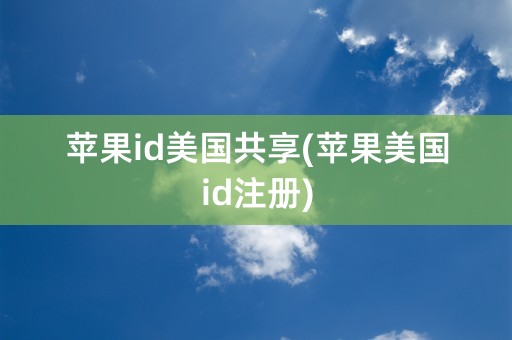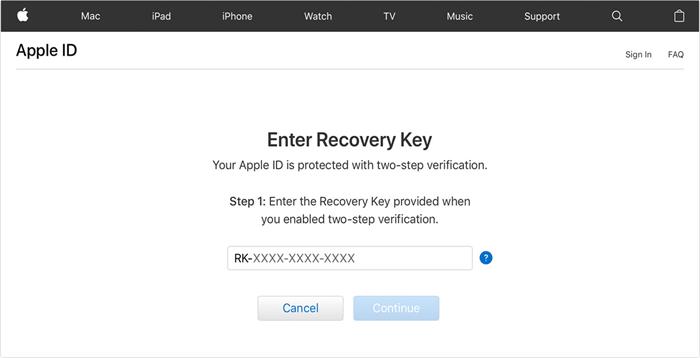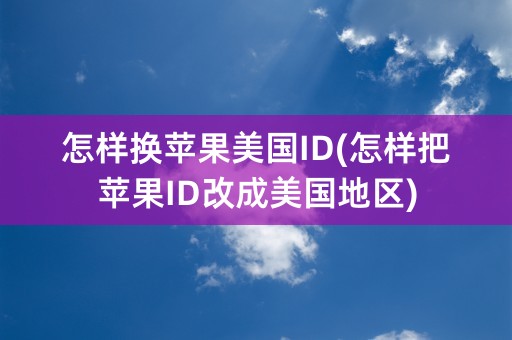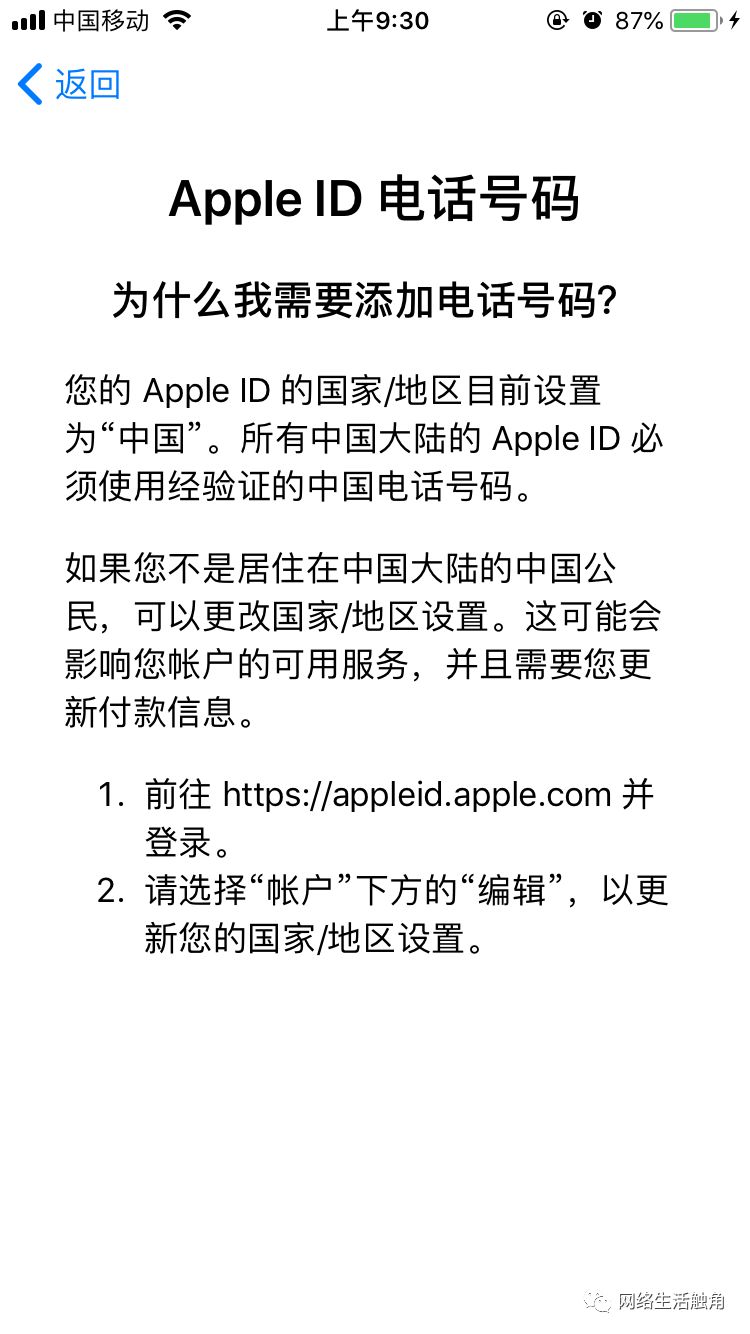Apple ID Shared in the United States
Apple Inc. is a leading technology company that offers a wide range of electronic devices, software, and services. One of their most popular services is the Apple ID. This unique account allows users to access various Apple services and products seamlessly.

In the United States, the concept of sharing an Apple ID has gained significant popularity among families, friends, and even in educational institutions. Sharing an Apple ID enables multiple individuals to enjoy the benefits of purchased apps, music, movies, and TV shows, without having to buy them separately.
There are several key advantages to sharing an Apple ID in the United States:
- Cost-effectiveness: By sharing an Apple ID, users can pool their resources and reduce expenses. Single purchases of apps, movies, or music can be enjoyed by all members of the shared ID, maximizing the value for money.
- iCloud Storage Sharing: With a shared Apple ID, users can share iCloud storage plans. This is especially beneficial for families as it allows everyone to store their photos, videos, and files without requiring individual iCloud subscriptions.
- Family Sharing: Apple ID sharing is often employed by families in the U.S. Family Sharing allows up to six family members to share their iTunes, iBooks, and App Store purchases, as well as subscription services like Apple Music, Apple TV , and Apple Arcade.
- Education and Business: Educational institutions and businesses can benefit from shared Apple IDs. This allows administrators to manage a group of devices and licenses more efficiently. Shared IDs can be used to distribute apps, books, and other educational content to students or employees.
- Convenience: With an Apple ID shared among family or friends, users can easily access each other's digital content without the need for separate accounts. It provides a seamless experience where everyone can enjoy media and apps collectively.
However, there are also some considerations when sharing an Apple ID:
- iMessage and FaceTime: Sharing an Apple ID can lead to some confusion with iMessage and FaceTime, as messages intended for one person may appear on all devices using the shared ID. Some users prefer to create unique Apple IDs for messaging purposes.
- Privacy and Personalization: Sharing an Apple ID means that some personal settings are shared as well. For users who prefer customized settings or privacy on their devices, creating individual Apple IDs might be more suitable.
- App Permissions and Updates: With a shared Apple ID, app updates and permissions can affect everyone using the ID. Some users prefer to have more control over their device and prefer individual IDs to manage app permissions and updates.
In conclusion, sharing an Apple ID has become a common practice in the United States, offering cost-effective solutions for families, seamless access to digital content, and efficient management for educational institutions and businesses. However, it's essential to consider the potential inconveniences related to privacy, personalization, and app permissions when deciding whether to share an Apple ID.













